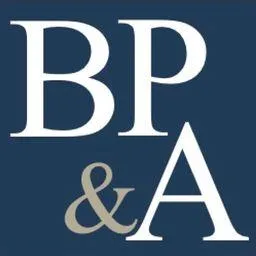
Scrum Master Interview Questions
Being proactive is a responsible person’s attitude toward life. “Being a cause in the matter,” is how Landmark Education describes it in their personal development seminars. However, it takes consistent practice to really build this habit to the point where it is ingrained in one’s own daily life.
The art of being proactive begins with weighing the options and being ready as much as possible for alternatives. One must cultivate the value of being proactive to truly reap the benefits of being less stressed, prepared, and upbeat when life throws its curve balls our way.
The unemployed Scrum Master should accept responsibility for being out of work. Insightful reading, for example, The Responsibility Process by Dr. Christopher Avery, and team toxins and their antidotes from Dr. John Gottman become transformative moments that enable the Scrum Master to lead by example.
The Scrum Master that does not already have an updated and ready resume to send out while they still have a job is the poorly prepared person who ends up unemployed for many months. Worse yet is the Scrum Master who has an updated resume but fails to send out it in a timely manner to those requesting it.
Building one’s own network while one still has a job is paramount to being a proactive person. It is your network that helps you find your next employment, not the internet. You are scraping the bottom of the barrel if you are looking for work online. Most of the jobs everyone wants anyway are already filled before they would ever get posted online. (The jobs posted online are generally old, already filled, or fake.) Folks, finding a job this way is like looking for a needle in a haystack.
Why not be fully prepared? Here is a list of Scrum Master interview questions to help you on your way to your next great gig.
Explain the Scrum Framework (be able to draw it out on a whiteboard)
What was the last book you read on Agile/Scrum? What did you learn?
What was the last Scrum event or conference you attended? Did you speak and provide content as a thought leader or did you just attend and consume other people’s thinking?
What recent experiment you have tried with your team? Why did you decide to run it and did it have the outcome you were expecting?
How would you facilitate an organization that has teams that cannot choose between Scrum vs Kanban? Is Scrum superior to Kanban? Why or why not?
Give an example of a time when you had to step into the Scrum value of courage. Did it have the outcome you were expecting?
Describe a time when you coached a Project Manager.
Describe a time when you coached those outside the team in Scrum.
What were your failures and what did you learn from them?
What are the 3 C’s of a user story?
What agile tools have you used if any? Jira? Version One? TFS? Rally (CA Agile Central)?
What is scaling and which multi-team scaling frameworks have you used?
If two developers on the development team were in conflict, what are some ways you’d help resolve this situation?
Let us know if you think of any additional interview questions. We will crowd-source them and add them to this blog post. Cheers!
Brett Palmer & Associates | Copyright 2024 All Rights Reserved
High-performance training & coaching for individuals, entrepreneurs & businesses.
Elevate your game!

